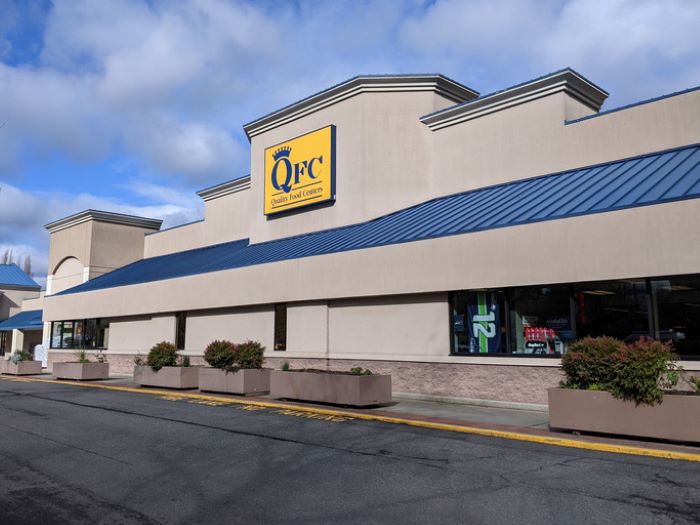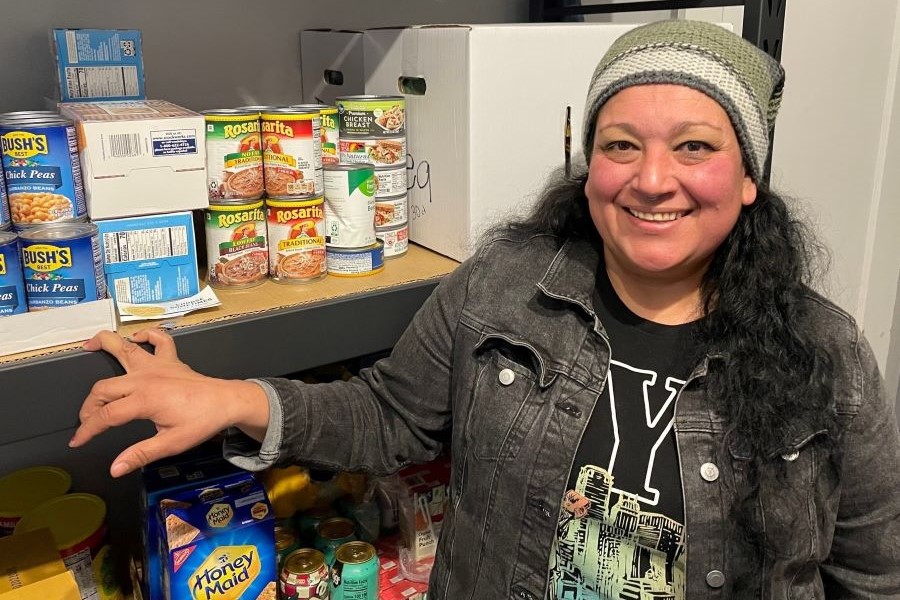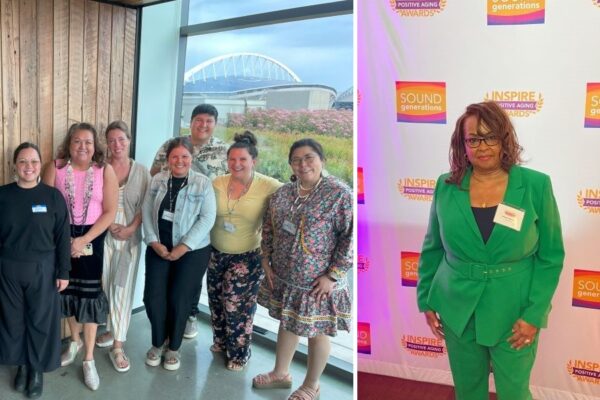Coming Soon to South Park: A Co-Op Grocery Store
If you live in Seattle’s South Park neighborhood and you’re looking for a supermarket, you’ve got limited options:
There are three Safeway stores about four miles away. There’s a QFC about six miles away, a Grocery Outlet about six miles away, and a Walmart Supercenter about seven miles away. Much of everything else nearby consists of small, mom-and-pop grocery stores, convenience stores, and restaurants.
It’s not surprising that residents of this community nestled along the Duwamish River say they live in a food desert. In a city where many folks can walk to the nearest supermarket, South Park residents must drive or take public transit.
But that’s about to change.
Cultivate South Park, a nonprofit organization that provides its community with free fresh fruits, vegetables, meats, and grains, said recently that it and other local groups are working with city officials to bring a cooperative grocery store to the neighborhood. Cultivate South Park director Crystal Brown said that the efforts will be led by the Cultural Space Agency, a real estate development company chartered by the City of Seattle as a Public Development Authority.
The Cultural Space Agency secures long-term, affordable commercial space and partners with communities of color to build neighborhood wealth and create opportunities for ownership. It was the catalyst behind the creation of Station Space, the renovated second floor of King Street Station that is now an arts hub for local youth-oriented organizations.
This is something we have been waiting for.
Monica Perez, Cultivate South Park’s Director of Community Initiatives (pictured above)
Cultivate South Park is among 35 organizations that comprise the King County Food Security Assistance Program, which distributes culturally specific food to economically disadvantaged communities. In 2022, United Way of King County partnered with Public Health—Seattle & King County to support the distribution of $4.5 million to community-based organizations, meal programs, food banks, and coalitions.
Brown said that once officials break ground on the co-op grocery store, they should have it up and running within two to four years. The venture would be a boon for a neighborhood that ironically was once a separate town filled with farmers who provided produce to Pike Place Market.
“It goes back to the very basics of community, where you have certain things that make the pillars of a community—like a bank or a post office and a grocery store—things that are extensions of our home that are within the community,” said Brown. “We have been discussing this for the last four years. That is why we started our farmer’s market.
“We boldly just said, even with our limited resources, ‘We could just use a nice, fresh grocery store,’ similarly based on the work we did with the American Heart Association where we developed a nutrition policy,” Brown said. “We’ve been talking about, ‘A grocery store would be great, a grocery store would be great,’ and within the last few months, the words have become more powerful,” Brown said. “The more we talk to our partners about it, the more we’ve said, ‘We need a grocery store! Let’s get a grocery store!’
“We want the community to really be the owners of it, and the co-op grocery store model allows for that,” Brown added. She added that Cultivate South Park is currently exploring several properties for the co-op grocery store. She said the group is consulting PCC about running and managing the co-op. She said the plan is for a two-story building—with the co-op, credit union, and postal service on the bottom floor and a youth-run thrift shop and café on the top floor.

“The co-op model is also more community-friendly, and we can stand by the fact that we are doing this building ownership project with the Cultural Space Agency, and that’s doing well,” Brown said. “The co-op model will allow small business tenants to stay without the fear of a landlord wanting them out and hiking the rent—which just happened to a business here in South Park.”
Brown said the Cultivate South Park has been eying a property in the neighborhood for its co-op grocery store for at least three years., The next step is to craft a letter of intent with the property owner to sell the venue within eight months. She said that with the Cultural Space Agency’s and community partners’ help, Cultivate South Park plans to purchase the property outright without incurring loan debt.
“And then we would look for federal earmark funding, which we are working on right now, to renovate the building,” Brown said. “We believe it will take two-to-four years to complete the project.”
Monica Perez, Cultivate South Park’s Director of Community Initiatives, says in a recent United Way podcast that the neighborhood that once provided produce to folks at Pike Place Market now takes care of itself, as many of its residents have known what it means to live in a food desert all their lives.
“Community members will accept it and take it because this is something we have been waiting for,” said Perez. She added that a proprietor launched a fresh food market in the neighborhood years ago, but its prices were too high. “Now, we are working on how we can create this model that can serve the community’s needs.”





Comments